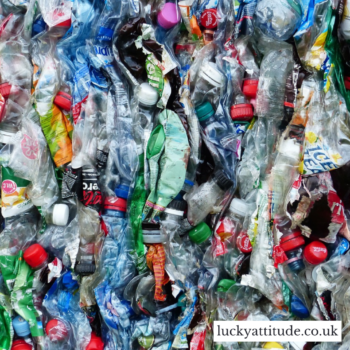How To Plan A Sustainable Business Event

The events industry, including business events, emits as much as 1.2bn kgs of CO2e every year, with most events wasting around 15% of the food produced, and contributing to the ever-growing issue of plastic waste in our oceans.
For Millennials and Gen Z employees and customers, this level of environmental damage across business events in the face of worsening climate change is not only ill-advised but could result in a complete turnaround of loyalty.
You’ll certainly struggle to capture the young audience that you’re aiming for with a business event that doesn’t factor in or address these issues.
Luckily, business event trends in 2023 point to a clear shift towards more sustainable event planning.
But, how can you as a business owner be part of this positive change?
1. Use digital tickets
Paper waste that can be recycled is preferable to plastic use, but with 200 million trees cut down daily to make paper, it would be a mistake to think that paper tickets are a truly sustainable method.
That’s especially true when there is a far more sustainable option available in the form of digital tickets, which can see attendees entering your business event with a simple email QR code, and perhaps even just an on-the-door scanner or an employee to mark attendance.
2. Reduce waste wherever possible
There are some simple ways to reduce waste across your business event.
This could be:
* Provide recycling and composting bins throughout the event.
* Use reusable or compostable servingware and utensils.
* Avoid single-use plastic items.
* Hire event equipment (don’t buy them). Check Yorkshire Event Solutions for more information.
3. Choose eco-friendly venues
Your attempts to arrange an eco-friendly event will fall flat if your venue doesn’t share these values.
Look for venues that have sustainable practices in place, such as LEED-certified buildings, renewable energy sources, or waste reduction programs.
As well as putting your money in the wrong place, a venue that doesn’t prioritise, say, recycling, may just chuck all of your recycling attempts straight in the bin.
Instead, seek a more sustainable venue that prioritises things like recycling initiatives, water and energy-efficient processes, smart energy, and more.
Then, there’s no risk of poor associations damaging your attempts to do better.
4. Choose caterers who prioritise local and sustainable food
As mentioned, around 15% of the food served during a business event goes to waste, while meat-heavy meals that are sourced from far-flung areas do a fair amount of environmental damage on their own.
By thinking more carefully about event catering, you can at least offset this damage, either by sourcing locally, choosing more plant-based options, or even just reducing the amount of food you order.
Offer vegetarian and vegan meal options.
Serve water in pitchers or refillable bottles instead of single-use plastic bottles.
In each instance, you can end up with even better food, less waste, and the chance to explain why you made these choices to your company or clients on the whole.
5. Arrange shuttle services
Arrange shuttle services or promote ridesharing to reduce the number of individual cars at the event.
Provide bicycle racks for attendees who prefer eco-friendly transportation.



